Internship Experiences
Professional Practice Built Into Your Curriculum
Get a preview of what a career in your field will be like before you even graduate with an internship. Throughout your academic journey at Florida Southern, you’ll be able to apply what you learn in your program coursework to real-world experiences. One of our industry-trained career services counselors, along with your faculty, will connect you with professional learning opportunities at local companies and organizations.
70%
of paid internships lead to jobs
200+
Career Services events hosted each year
1,000+
Internships posted each month
Internships for All Passions
Internships are available for all programs across a variety of fields, such as law, nursing, community work, entertainment, art, and more. You’ll have multiple opportunities during your time at Florida Southern to get real world experience.
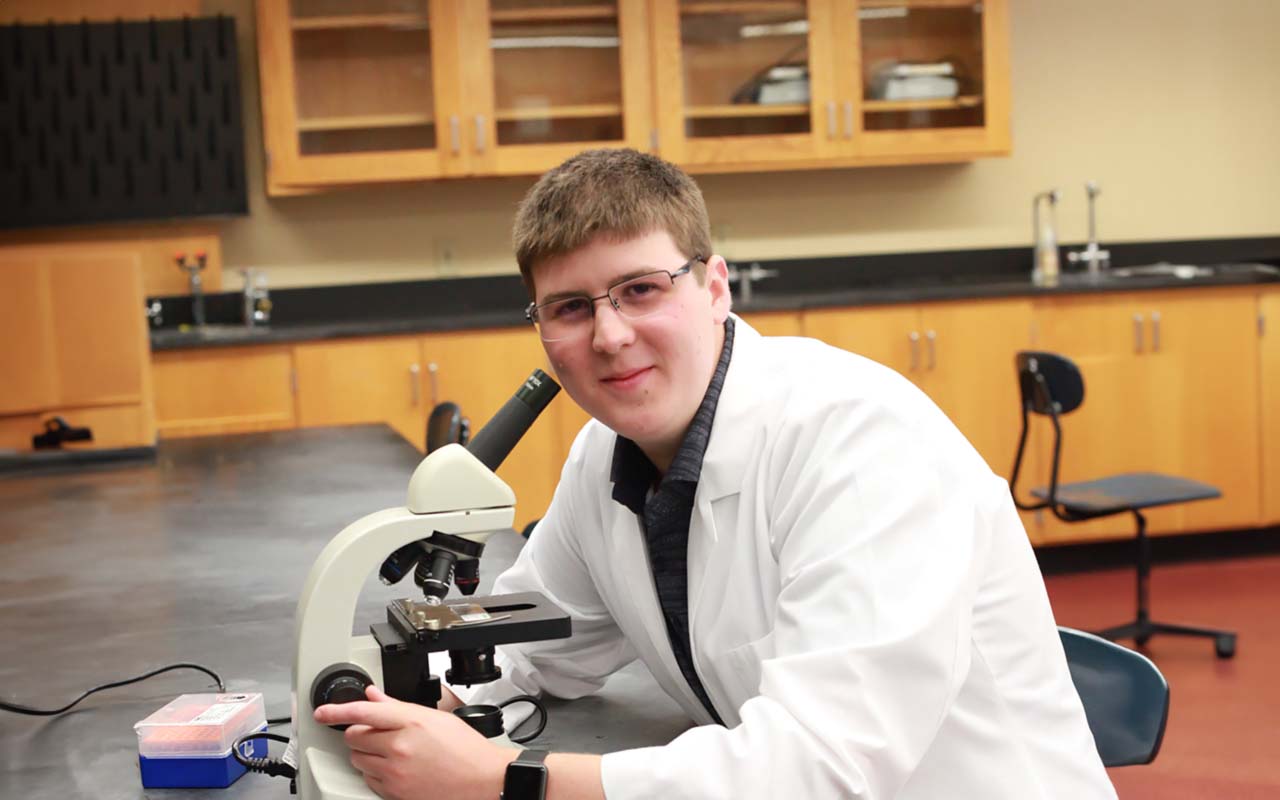
Wage War Against Cancer
Jake Griner spent 13-weeks under the mentorship of a principal investigator at the Center for Cancer Research, part of the National Cancer Institute in Bethesda, Md.
"While there, I designed five experiments to test my hypothesis that a low dose of radiation could be used in combination with cetuximab, a chemotherapy drug, could be used against chordoma, a cancer of the bones of the skull and spine, with greater efficacy than if given alone. The results of the experiments were published in an academic paper."
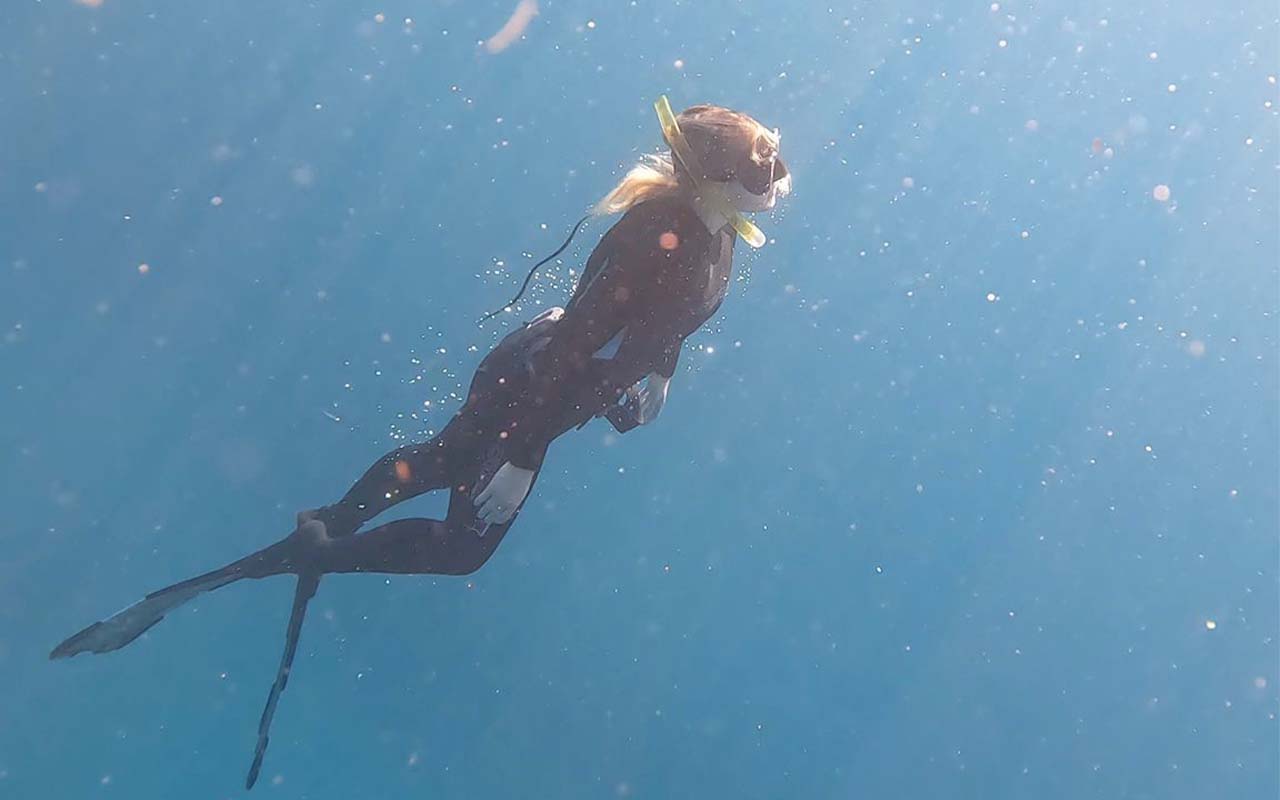
Work to Save Sharks
Marine Biology major Molly Kennedy spent two months in Sodwana Bay, South Africa, interning with Sharklife Conservancy, where she assisted in monitoring shark and marine animal movements by maintaining Baited Remote Underwater Video cameras and cataloging footage obtained from them.
“It was an extremely unique opportunity that allowed me to gain field and data collection experience. I would highly recommend it to anyone looking to get their foot in the door with shark research. I cannot encourage students enough to take advantage of experience-based internships; there’s truly nothing else like it!”
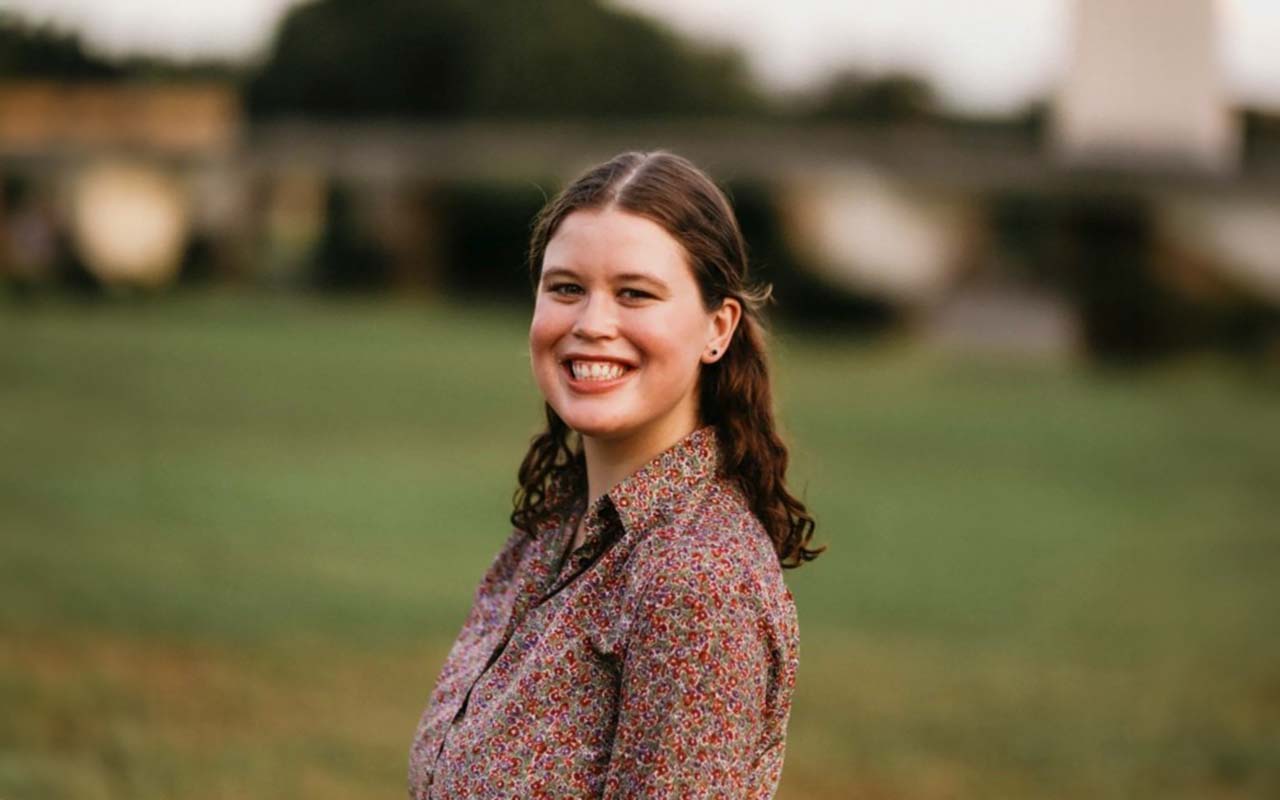
Investigate Financial Crimes
Jessica Valdes landed a competitive internship and now works full-time in Financial Crimes Compliance at Goldman Sachs.
"The rigorous academic environment and real-world experiences I've gained at FSC prepared me for this competitive opportunity. I'm excited to apply what I've learned in the classroom at Goldman Sachs. Being a Florida Southern student allowed me to develop analytical skills and a strong work ethic to help me in my career."
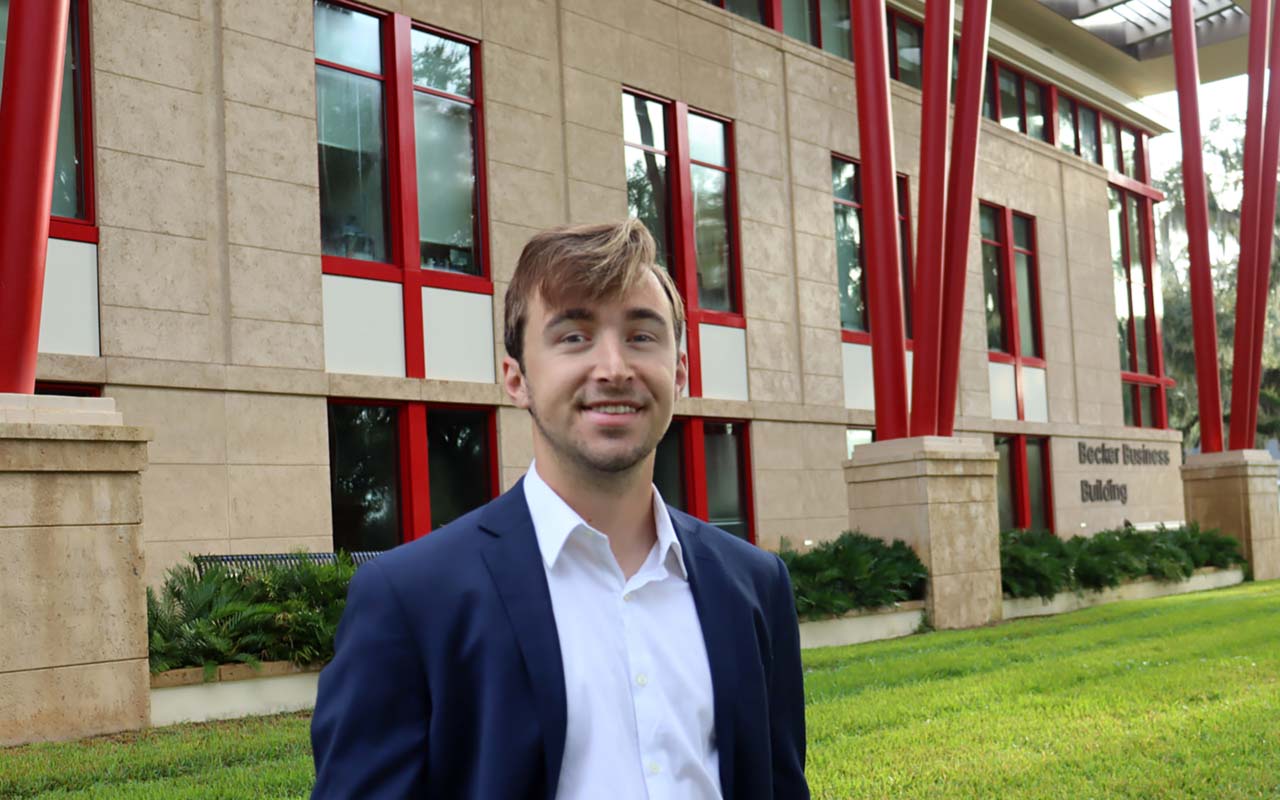
Experience What it's Like to be a Corporate Analyst
Connor Bligh, a double major in Finance & Business Administration, took advantage of FSC's emphasis on internships, building skills and ultimately going to work as a corporate analyst at JPMorgan Chase.
"After summer positions with the Naples Zoo and Auto-Owners Insurance, I was offered an internship with JPMorgan Chase. These opportunities wouldn't have been possible without the guidance and support of the faculty at FSC. Their advice and mentorship provided the foundation for my career path, something I deeply value."
Great Companies, Great Opportunities.
Get valuable professional experience with an internship with well-renowned companies and organizations across the nation.
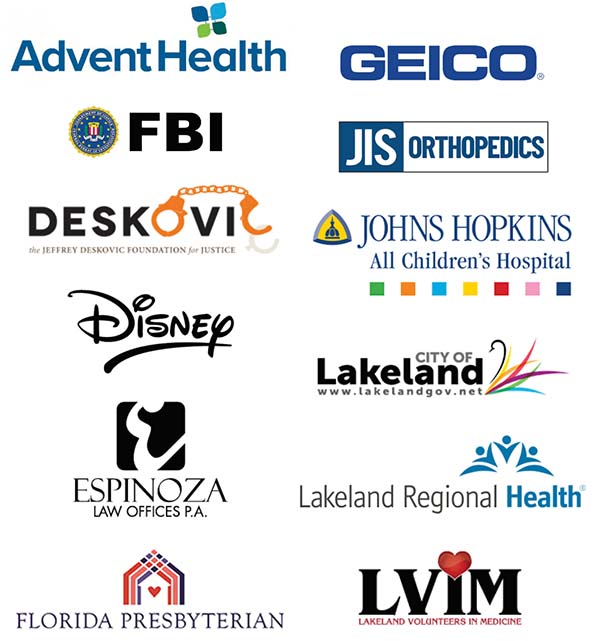
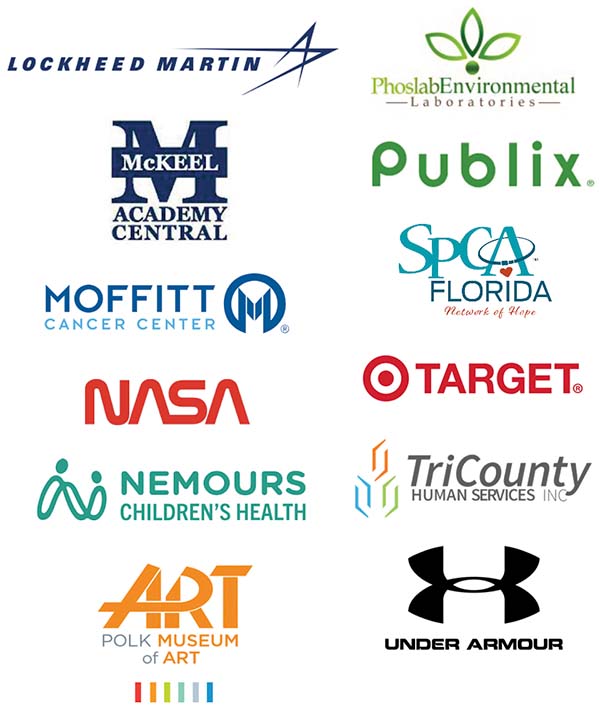
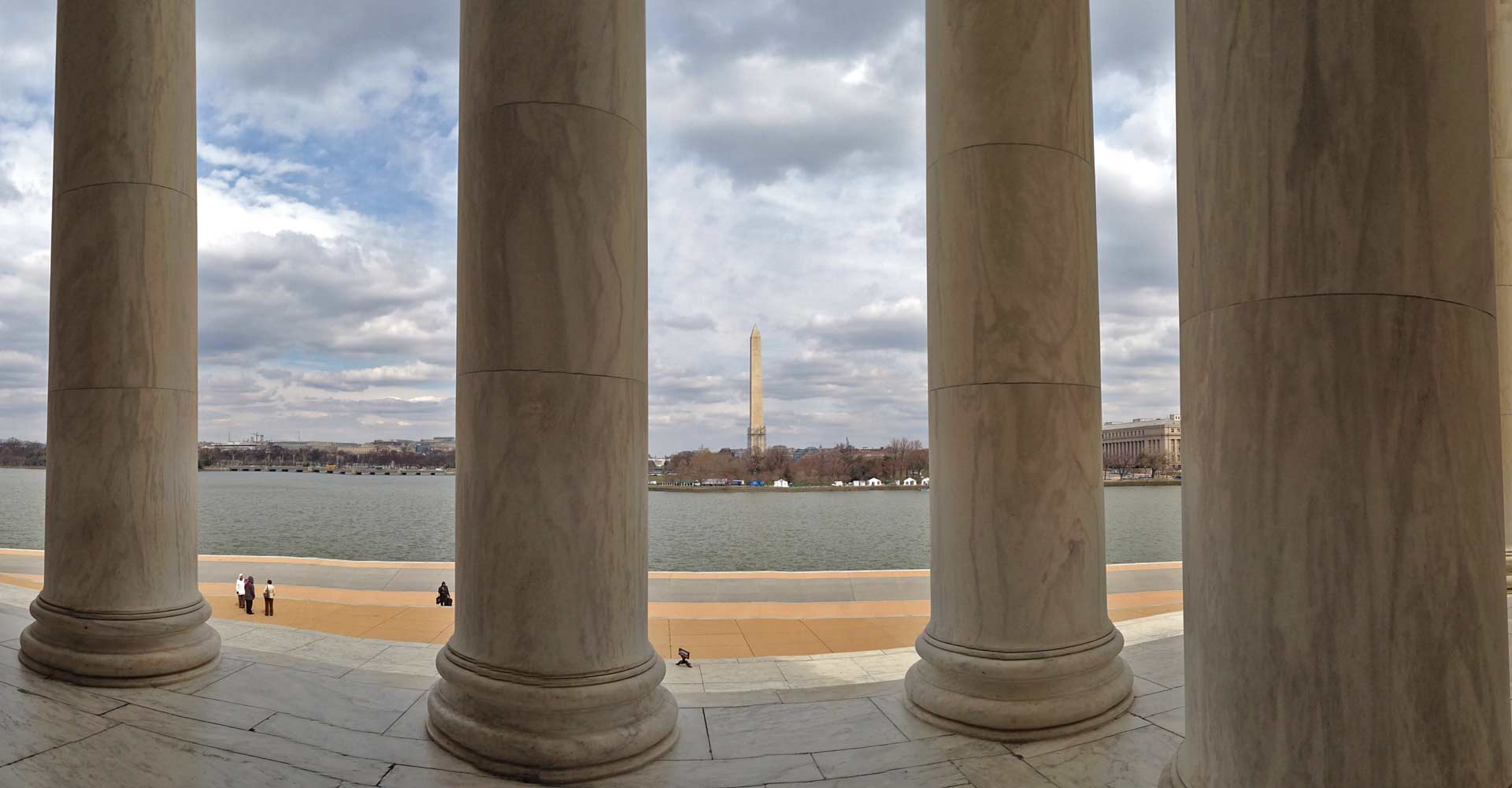
Intern at The Washington Center
Find Your Best Fit with FSC's Support
One of our career counselors will work with you one-on-one to find internship and professional opportunities that best meet your academic and career goals. In whatever field you wish to gain experience, Florida Southern’s award-winning Career Services team is here to help you find the best fit for you.